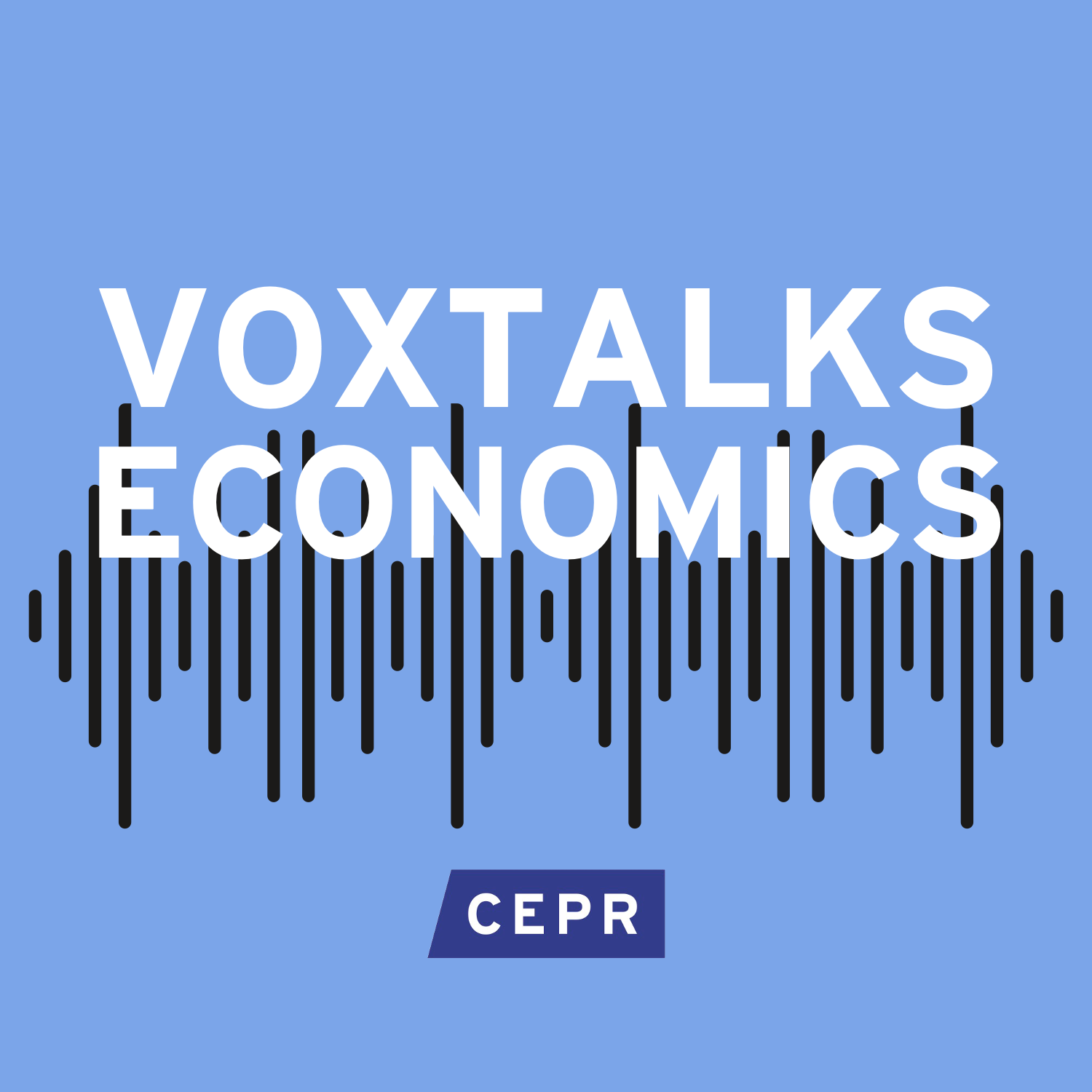

…
VoxTalks Economics
…
·…
VoxTalks
Learn about groundbreaking new research, commentary and policy ideas from the world's leading economists. Presented by Tim Phillips.
Learn about groundbreaking new research, commentary and policy ideas from the world's leading economists. Presented by Tim Phillips.
All
Progress
Duration
Release Date